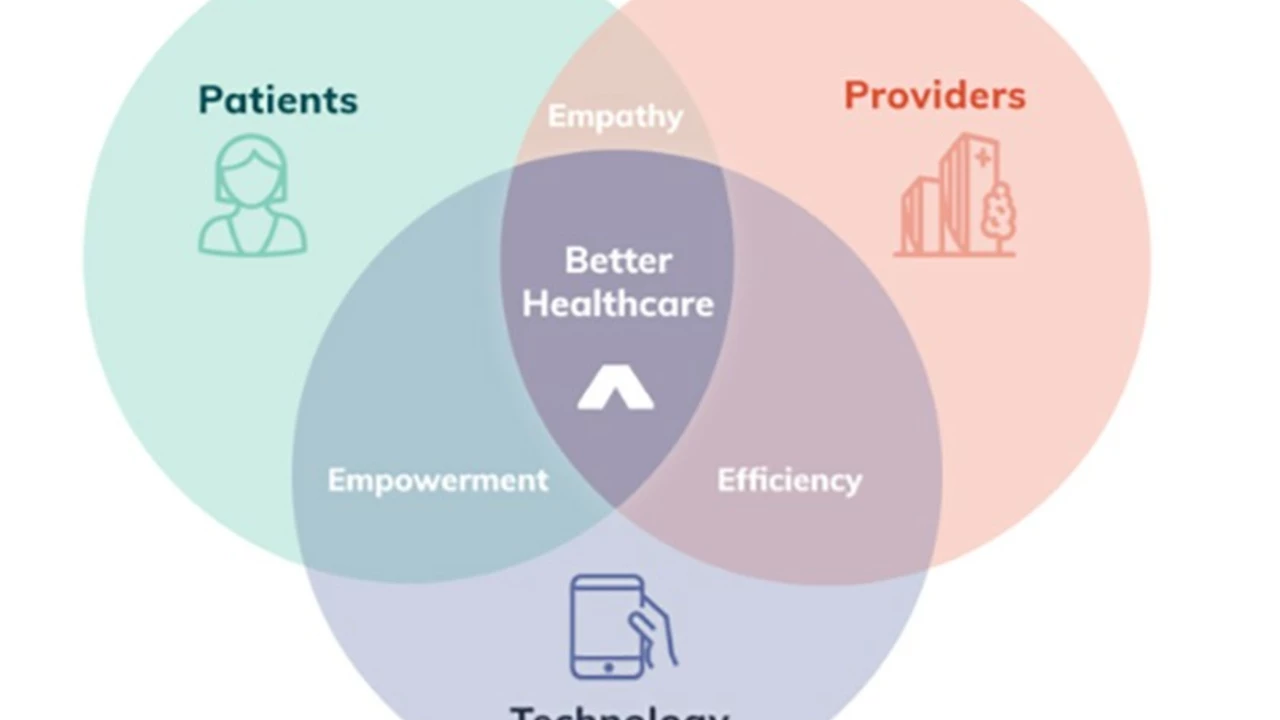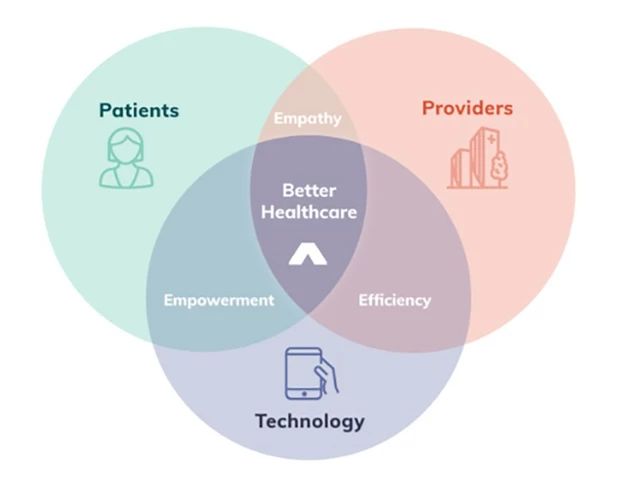The Role of Socioeconomic Status
As an individual, it's hard to ignore the impact of socioeconomic status on access to quality healthcare. The truth is, the poorer you are, the less likely you are to have sufficient healthcare. This isn't because poorer people are less deserving or less in need of healthcare. Instead, it's largely a result of the way our society is structured. High costs of medical treatments, expensive insurance premiums, and an overall lack of resources can create a significant barrier to accessing necessary care.
Moreover, people with lower socioeconomic statuses often work in jobs that don't offer health insurance. Even when they do offer insurance, the premiums can be unaffordable. Add to that the fact that many low-wage jobs are physically demanding and expose workers to health risks, and you can see how the problem compounds itself.
Geographical Barriers to Healthcare
Location, location, location. This mantra isn't just important in real estate – it plays a significant role in healthcare as well. People living in rural areas often have fewer healthcare facilities available to them. This means longer travel times, which can be particularly challenging for those with chronic conditions or those who are older.
Also, the few healthcare providers that are available may not offer a full range of services, forcing residents to travel even further for specialized care. For these individuals, even routine check-ups can become a significant hardship.
Discrimination and Bias in Healthcare
Unfortunately, discrimination and bias are still prevalent in healthcare. This can come in many forms, from racial and gender discrimination to bias against individuals with disabilities or mental health issues. These biases can prevent individuals from seeking care, or from receiving the care they need when they do seek it.
Discrimination can also be indirect. For example, healthcare facilities located in low-income or racially diverse areas may receive less funding and resources, resulting in lower quality care for residents.
The Impact of Education on Health Literacy
Education plays a critical role in health literacy – the ability to understand and use health information to make decisions about one's health. Those with lower levels of education may struggle to understand complex medical information, making it difficult for them to navigate the healthcare system effectively.
This lack of health literacy can lead to poorer health outcomes, as individuals may not understand how to manage their conditions or may not seek care when they need it.
Immigration Status and Healthcare Access
Immigration status is another significant barrier to healthcare. Undocumented immigrants may avoid seeking healthcare due to fear of deportation. Even those with legal status may face challenges due to language barriers, cultural differences, and a lack of understanding of the healthcare system.
Furthermore, many immigrants are not eligible for government health programs, leaving them without affordable options for care.
The Role of Insurance in Healthcare Access
Insurance plays a major role in healthcare access in many countries, including the United States. Those without insurance often face high out-of-pocket costs for medical care, which can prevent them from seeking treatment. Even those with insurance may struggle with high deductibles, co-pays, and other costs.
Furthermore, not all medical services are covered by insurance. This can leave individuals without access to necessary treatments and medications.
Policy and Legislative Barriers to Healthcare
Last but not least, policy and legislative barriers can significantly impact healthcare access. This includes laws that limit the availability of certain services, as well as policies that make it difficult for certain groups (like low-income individuals or immigrants) to access care.
Moreover, policies that prioritize the interests of pharmaceutical and insurance companies over the needs of patients can also limit access to affordable, quality healthcare.
Through my research, it's clear to me that the lack of access to healthcare is not a simple issue with a one-size-fits-all solution. Instead, it's a complex problem that requires us to address a variety of social, economic, and political factors. By understanding these factors, we can start to develop comprehensive solutions that ensure everyone has access to the care they need.






Write a comment